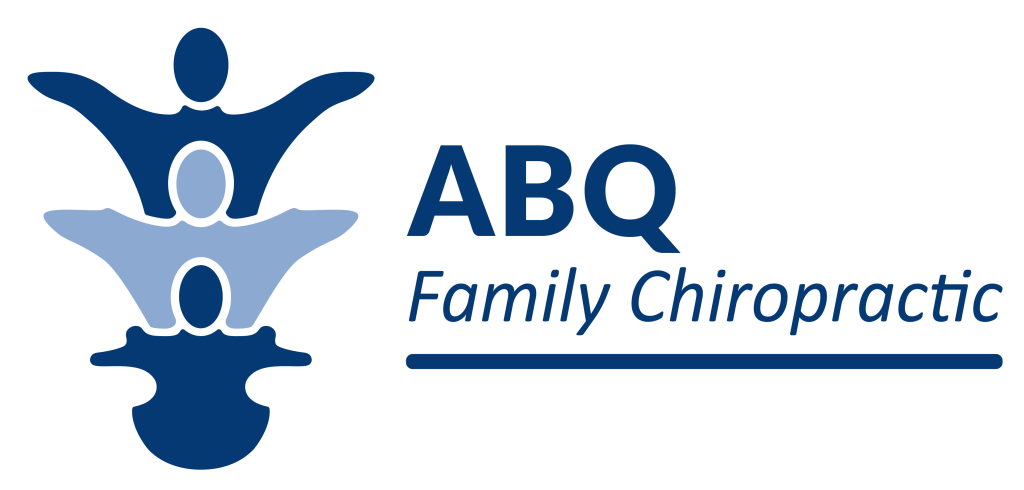Navigating Your Child’s Development: What Every Parent Needs to Know
As a parent, watching your child grow is both exciting and nerve-wracking. Every milestone—from rolling over to saying their first words—is a cause for celebration. But when your child isn’t progressing at the same pace as their peers, or if healthcare providers express concerns, it’s natural to wonder if something might be wrong. You’re not alone. According to the CDC, 1 in 6 children experiences developmental delays, and in today’s world, that number continues to rise.
Understanding the “Perfect Storm” of Developmental Delays
Developmental delays don’t happen by chance or simply due to “bad genetics.” Instead, they often result from a combination of three key factors we call “The Perfect Storm,” which disrupt early development:
- Prenatal Stress and Fertility Challenges: The journey to parenthood can affect your child’s nervous system, especially through fertility treatments, pregnancy complications, or maternal stress.
- Birth Interventions: Common birth procedures like C-sections, forceps, or vacuum extractions can influence the developing nervous system, particularly in the brainstem.
- Early Environmental Factors: Modern stressors—like early antibiotic use and exposure to environmental toxins—can significantly impact developmental progress.
Why Traditional Therapies May Hit a Plateau
If your child is already receiving physical therapy, occupational therapy, or speech therapy, you may have noticed periods where progress seems to stall. While these therapies are crucial, they primarily target muscles and soft tissues, often overlooking the underlying neurological system.
Think of it this way: upgrading the monitor on a computer might improve its performance, but if the processor is malfunctioning, you won’t see the full benefits. Similarly, therapy that focuses solely on muscles doesn’t address the brain and nervous system issues that might be holding your child back.
The Nervous System: The Foundation of Development
At the heart of developmental progress is your child’s nervous system—especially the brainstem, which we call the “Air Traffic Control” of the body. This area coordinates essential functions like motor planning, muscle tone, sensory processing, and coordination.
Development happens in a precise neurological order, much like building a house: you need a strong foundation before adding anything on top. Here’s the order in which development builds:
- Autonomic Nervous System: The foundation—responsible for basic functions like breathing, digestion, and stress regulation.
- Neuro-Motor System: Built upon that foundation, it enables movement and coordination.
- Gut & Immune System: This impacts overall health and brain development.
- Brain-Based Functions: The top level, responsible for complex skills like social interaction, speech, and emotional regulation.
Each level relies on the ones beneath it. This is why the health of your child’s nervous system is crucial. Simple milestones—like crawling—actually play vital roles in brain development, and skipping these steps can have long-term effects.
When the nervous system is disrupted—often due to early life stressors or trauma—it can result in:
- Delayed motor milestones
- Speech and communication challenges
- Sensory processing difficulties
- Coordination and balance issues
What Can Parents Do?
If you’re concerned about your child’s development, here are some steps you can take:
Trust Your Instincts: If something doesn’t feel right, don’t wait. Early intervention is critical during these formative years.
Look Beyond Surface Symptoms: Rather than just addressing the delays themselves, seek care that targets the root cause—your child’s nervous system function.
Consider a Neurological Assessment: New technologies, like INSiGHT scans, can assess the function of the nervous system and pinpoint areas that may be hindering your child’s development.
At ABQ Family Chiropractic, we believe that with the right support and understanding, significant progress is possible. By addressing the underlying neurological issues, you can help your child not just catch up, but thrive.
Moving Forward: Building a Strong Foundation for Your Child’s Future
Development is more than just checking off milestones—it’s about laying the groundwork for your child’s future success. By understanding and addressing the root causes of developmental challenges, you can help your child build a solid foundation that will enable them to excel.
Whether your child is just beginning to show signs of delay or has been receiving traditional therapies for a while, this neurological perspective could be the missing piece. Don’t let another month go by wondering if your child will “grow out of it.” Reach out to ABQ Family Chiropractic today. If you’re not local to us, visit the PX Docs directory to find a provider near you.


